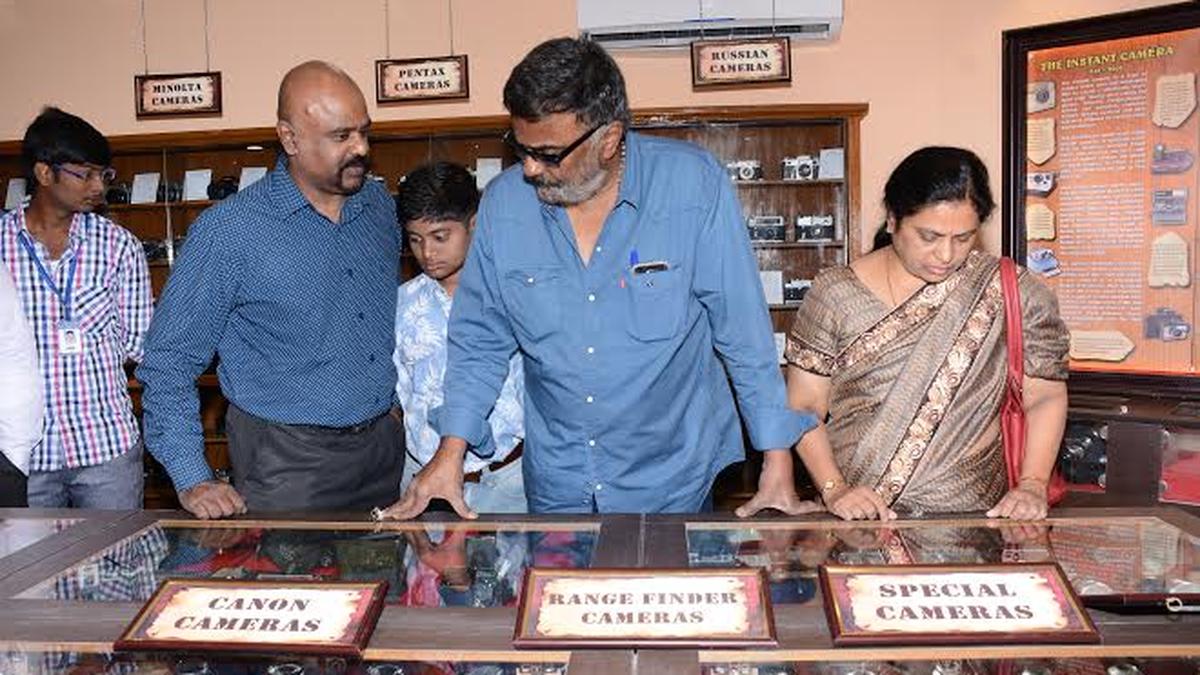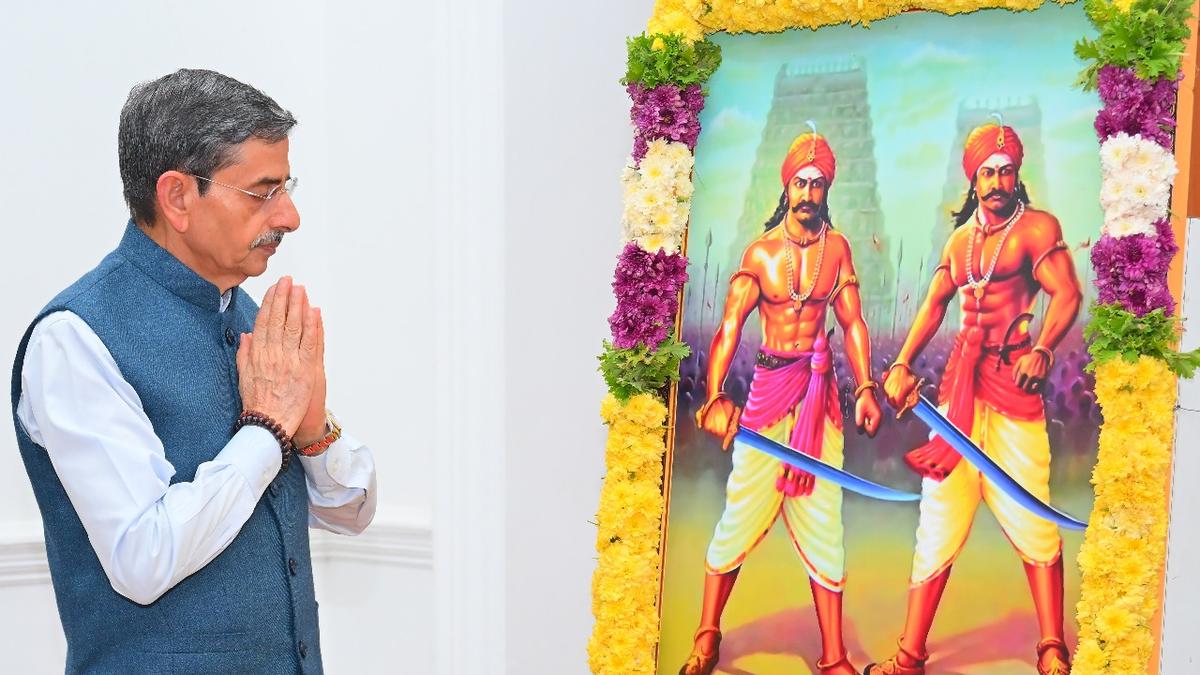The 41 deaths that occured in Karur during a Tamilaga Vettri Kazhagam (TVK) rally on September 27 may have been significantly influenced by extreme heat stress, according to an analysis by Poovulagin Nanbargal, a Chennai-based environmental collective led by researchers Anu Mani, Priya Suresh, and Nigazh.
The study, which used the Punal framework and Universal Thermal Climate Index (UTCI), suggests that oppressive heat, crowd density, and inadequate event planning combined to create conditions of mass thermophysiological stress. Independent verification of the study’s claims is awaited.

The rally, held on Velusamypuram Road in Karur, was delayed by nearly seven hours, resulting in thousands of attendees standing in direct sunlight for over six hours. The narrow venue, surrounded by buildings, restricted airflow, while the crowd density reportedly exceeded four persons per square metre norm. By mid-afternoon, UTCI readings are estimated to have exceeded 40°C, well above the 38°C threshold where fainting becomes likely.

The researchers estimated that the heat generated by the densely packed crowd was comparable to solar energy hitting the same ground area, intensifying heat accumulation. Instances of fainting reportedly occurred before the event’s main proceedings began, indicating the crowd was already under severe thermal strain.

Similar incidents linked to heat stress have been documented by the same collective during political rallies by TVK in Vikravandi (2024) and Madurai (2025).
The collective recommended that authorities restrict rallies between February and October, provide shaded spaces and adequate drinking water, integrate UTCI-based heat alerts, and recognise extreme heat as a notified disaster under the Disaster Management Act.
It may be recalled that Tamil Nadu has recognised heat stress as a state disaster, and the government has outlined several guidelines for action including providing drinking water kiosks, rescheduling outdoor work, using ex-gratia payments for victims’ families, and focusing on urban planning to increase green spaces and implement cool roof technologies.
A recent analysis by the Tamil Nadu State Planning Commission revealed that rising temperatures, driven by urban sprawl, deforestation, and changing land use, are putting people, ecosystems, and infrastructure at increasing risk.

 12 hours ago
5
12 hours ago
5








 English (US) ·
English (US) ·